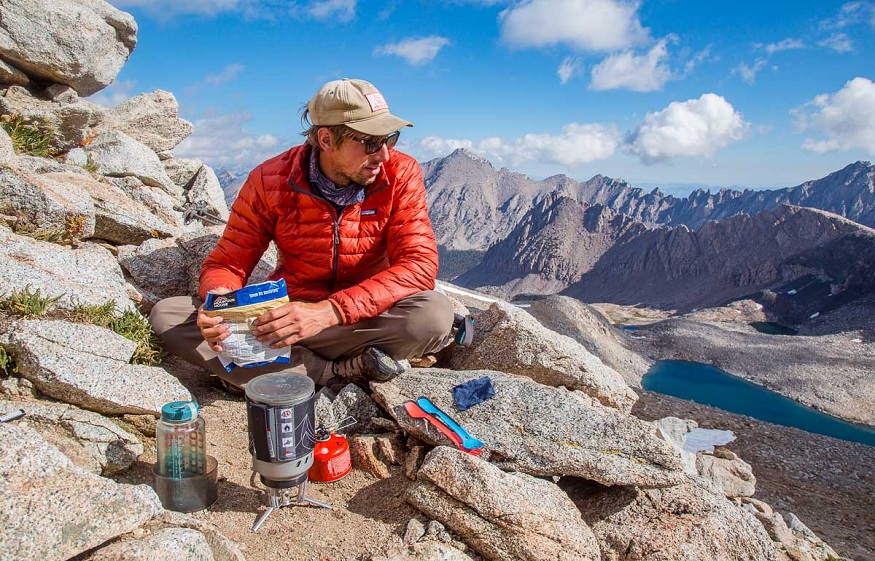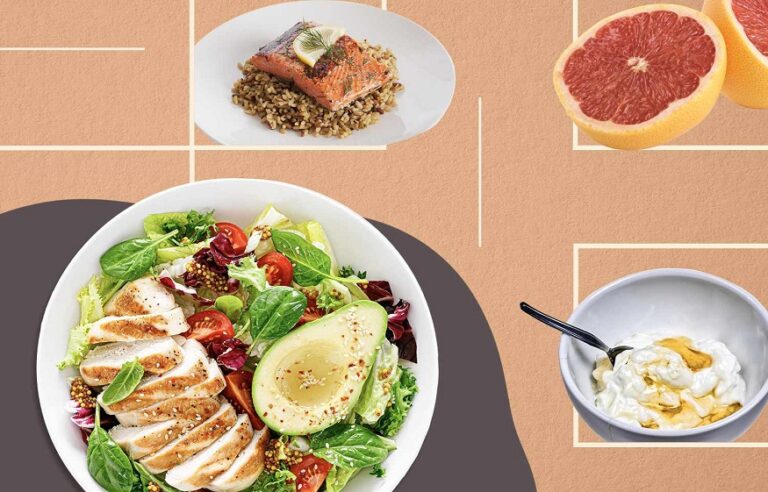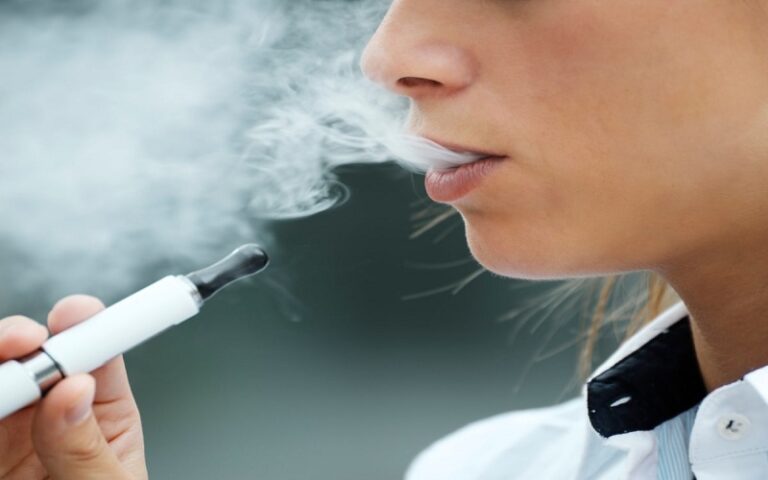1. Plan your diet for a hike in the mountains
Food is what fuels you in any intense physical activity, and if there’s one discipline where what you eat directly affects your performance and endurance, it’s mountaineering. This is all the more true during long approaches and descents or for multi-pitch routes, so you might as well prepare your food for a mountain hike.
2. The importance of food during mountain activities: plenty of calories and carbohydrates.
It is important to develop a feeding strategy that is appropriate for your organization and the project you are undertaking. The food you eat should be high in calories and carbohydrates. However, eating something that is hard to digest and burdens the stomach reduces muscle efficiency. It’s a bit like the clothes you wear when you’re alpine climbing or off-piste: they have to be strong (high in calories) and light, while being durable to withstand the shocks inside your body Planning your diet for a hike in the mountains
3. Tips for eating like a PRO
We’ve compiled a few tips to help you best prepare for your next big adventure. The following advice applies to mountaineering expeditions of one day to a few days. For longer expeditions, it is necessary to provide larger quantities of food and cooked meals, etc. These expeditions require careful planning to ensure that quantities are sufficient and that participants receive all the nutrients they need, in the right proportions. They involve complex logistics that we will not discuss here.
4. What is the right diet for mountaineering?
Each person has unique nutritional needs , but the following tips will be helpful to everyone. Try to focus on high-calorie foods that will fill you up with protein and good fats (less sugar), but don’t forget your favorite sweets, chocolate bars and energy snacks.
In general, the food you eat in the mountains should be high in carbohydrates and easy to digest so that it can be absorbed directly into the bloodstream and keep your muscles working.
When you do high-intensity sports like rock climbing and skiing, your body can’t tap into the fat it stores fast enough to use as fuel during exercise. However, good fats are important in a balanced diet. In long approaches, you will also start burning fat after a while.
Carbohydrates: Carbohydrates (both simple and complex) ingested by the stomach convert to glucose before reaching the bloodstream. The type of carbs you need depends on the type of climbing/route you are undertaking. If you need a final “boost” effect, fast-acting simple carbs like gels or gummies are probably the best option, but if you do endurance climbing or you’re tackling a longer route, slower-acting complex carbs like bananas or oat bars are best.
Protein: Protein is essential for good muscle recovery as it contributes to the growth and maintenance of muscle tissue. Recent studies also show that it is important to ingest some protein along with carbohydrates to help the body get the best of both worlds.
5. The importance of hydration
Staying hydrated is essential on any mountain excursion . Our body loses a large amount of fluids (but also minerals, among others) when we sweat and exhale. It is therefore necessary to refuel it at regular intervals throughout the effort. The loss of even a small drop of bodily hydration leads irreparably to a drop in mental and physical performance.
The amount of water you are able to carry may not be enough for the excursion you are undertaking. Recommended hydration levels can be as high as 4 or 5 liters of water for a 12 hour climb, but in most cases carrying more than 2 or 3 liters is not possible. On some routes, it is possible to fill your water bottles thanks to the mountain streams that flow in the heights. But always keep in mind what lies upstream from the water you draw. The presence of human settlements or farms can mean that the water is less clean.
To play it safe, it may be a good idea to invest in a portable water purifier (especially if you plan to travel to more distant places where you have few natural antibodies). If you are progressing on snow (or climbing until you reach snow), melting snow using a small stove and pot can be a great way to get water on my way.
However, don’t eat snow to stay hydrated. Your body would burn more calories to bring the snow back to body temperature. Also remember that snow and ice are nothing but water, and to function your body needs a good balance of minerals… So think about isotonic drinks.
We advise you to drink a lot to “stock up on water” before the climb and to leave water in your car to drink again once you come back down. It is probably useless to remind you, but alcohol causes dehydration.
Eating at regular intervals throughout the day will allow you to keep climbing and stay focused on a long approach or summit climb. The best way to do this is to keep various snacks on hand. When choosing what food to take with you, also consider how it will keep.
6. Tips from the pros for preparing your diet for mountain hiking
Everyone has their own secret recipe or indulgence when it comes to refueling in the mountains.
7. Keep weight to a minimum
Professional climbers know it from experience: the weight must be balanced according to the calorie intake of its diet. If you consume too few calories, you risk lowering your blood sugar levels and feeling fatigue (mental and physical), which would have the effect of greatly reducing your performance and weakening you.













+ There are no comments
Add yours